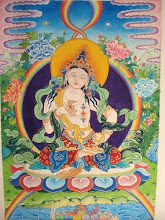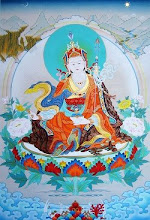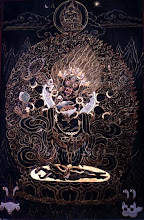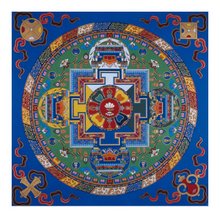One of the more interesting aspects of the ango was having a chance to interact with Japanese monks. I studied and lived along side Tibetan and Bhutanese monks in Nepal, but in Japan I've only had the chance to see them in more formal settings.
It may come as a surprise to some, but monks are just like you and me. Some are monks because they want to, others because they were in some way compelled or coerced. The monk in his early 20's at Shogoji told us straight out one night in the bath, after asking him about his experience as a monk, that he hated Shogoji, he hated the food there, and he hated zazen. Then he asked us who was the stupider, Brittany or Paris? He himself preferred Paris, but Brittany was a close second.
This young man is still in training and he was feeling the stress of having to complete his own studies, prepare for two retreats following ours, plus support and assist in our ango. He took robes (as ordination is known) in order to be able to take over his family's business of running the neighborhood temple. Do to the circumstances of history, Japan's network of Buddhist temples served as a kind of national registry to which every family had to belong. The registry was abolished only after WWII, but the temples still exist, as do long-held ties of families to temples, which are run much like businesses and passed down from father to son. This young man said that when his father recently passed away, one of his first official religious duties was to preside at his funeral. It was, he said, the first time he was glad to have entered the monastery.
The other Japanese monk was about my age and less forthcoming on his reasons for leaving secular society, where he was an engineer as well as a school teacher in east Europe. He was the most organized and efficient person at the temple, the man to see if you had any important questions or something that needed to get done. While he put on a serious face when working, he enjoyed joking about. In the bath he would squirt water from his hands and teach the foreigners Japanese slang. There was for days afterwards on one such occasion jokes about practicing the shakuhachi. The smell from him each morning, though, was strong and worrisome. The foreigners marveled at how he was able to function after so much alcohol and so little sleep.
There was one other fellow I got to know a bit while sewing in Nagasaki. He was working in the kitchen, just behind the door where I sat with about two dozen grandmothers sewing robes and rakusu. During his free time, this friendly 30-something, a family temple priest with a wife and child, would plop down next to me and pass the minutes and sometimes hours chatting with the only foreigner in the room who could carry on a conversation in Japanese. We talked about everything and anything in no particular sequence, just whatever popped into his head. There were many questions about life at Shogoji; he seemed surprised we were living in such primitive conditions. He was most concerned at this time in being able to watch all the Indiana Jones movies on DVD before going off to the theater to see the newest release.
The other monks at the Nagasaki temple we didn't get to know so well. There were a lot more of them, which meant less time per person, and we didn't spend so many hours together. Most of them were busy supporting us, who were spending the days sewing. The one chance we had to socialize were the nightly after parties, which some of my Tibetan monastic friends would be amazed to attend. The range of alcoholic refreshments was ample: beer, happoshu, shochu, sake, umeshu, and wine. Like everything else at the temple, they were given a fixed time and slotted into the schedule. They didn't drag on, as these things often do, until you had to excuse yourself. Everyone still had to get up at 05:00 the next morning and so they ended fairly promptly by 23:00.
Shogoji 2008 International Ango: Pt 5
Shogoji 2008 International Ango: Pt 3
Shogoji 2008 International Ango: Pt 2
Shogoji 2008 International Ango: Pt 1
Shogoji 2008 International Ango: Pt 0
#




























0 comments:
Post a Comment